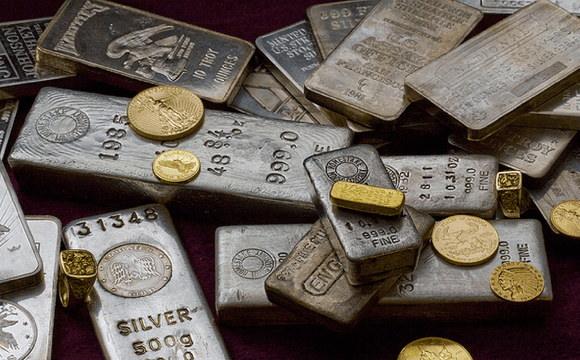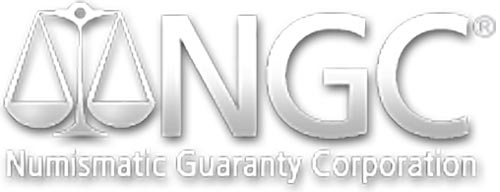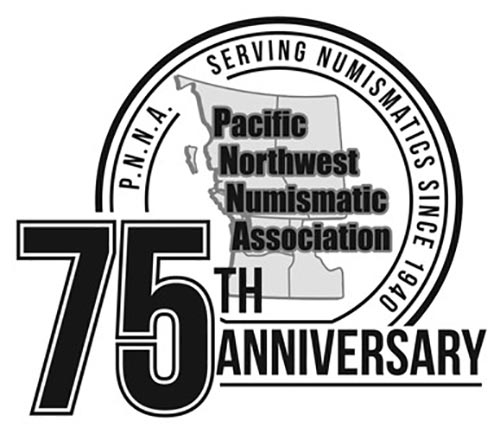
Everyone knows the term “precious metals.” But what really makes these metals precious? For one thing, they’re some of the earth’s most rare commodities. In addition to their scarcity, their capacity to withstand corrosion and oxidation makes them essential for industry.
Precious metals aren’t limited to gold, silver and platinum. In fact, there are nine different precious metals: gold, silver, platinum, palladium, rhodium, iridium, osmium, rhenium, and ruthenium. All these metals have properties that make them unique, and well, precious.
Gold
Arguably the most famous of all precious metals, gold—also identified by its chemical symbol Au—is the most malleable of all metals, which is what made it easy for early civilizations to utilize. It’s heat stable, and non-corrosive, making it useful for a wide variety of practical applications.
Most people know that gold is used for currency, investment, and jewelry. But what many people don’t know is that gold is widely used in the production of electronics. As the world’s demand for electronic components increases, the demand for gold also increases. Gold’s high conductivity and high resistance to corrosion and oxidation make it irreplaceable in many electronics. Everything from jet planes to the circuit board on your cell phone has gold in it. In addition to electrical applications, gold can be used in food, medicine, cars, and countless other industries.
Like silver, platinum, and many other precious metals, gold is a native metal. Native metals are metals that can be found as isolated elements in nature. Gold can also be found alloyed, or combined naturally with other metals. Silver and gold are commonly found alloyed in nature, a blend that is known as electrum.
Silver
Silver (chemical symbol Ag) is the most commonly found metal in the precious metals group. It’s actually more common than even some non-precious metals like mercury. Despite being relatively common, silver has several attributes that make it incredibly useful.
Like all precious metals, silver is highly resistant to oxidation and corrosion. Silver is also one of the most malleable metals, and is the most electrically and thermally conductive metal. All these characteristics make silver an essential component of jewelry, clothing, metalwork, instruments, technology, and solar power.
Platinum
Platinum is the most valuable of all precious metals. Though slightly more abundant in the earth’s crust than gold, platinum is commonly found dispersed in small amounts, making extraction more difficult. In 2012, 179 tons of platinum were extracted from the earth, compared to 2,700 tons of gold.
Platinum is slightly harder and less malleable than gold. Identified on the periodic table as Pt, platinum is incredibly heat stable and non-corrosive. In fact, before the technology was available to work with platinum, its high melting point and hardness made ancient societies consider it less valuable than gold or silver. Some merchants valued platinum coins, however, because they wouldn’t melt in a fire like silver and gold coins. Platinum currency is still considered a rarity to this day.
Most commonly, platinum is used in jewelry, but the precious metal is also employed in refining petroleum and many other industrial applications.
Platinum Group Metals
All six of the other precious metals are in the platinum-group metals (also known as PGM), which includes platinum, palladium, rhodium, iridium, osmium, rhenium, and ruthenium. The seven metals are commonly found together and share similar properties. All PGMs are some shade of silver—from white to black—and all are incredibly hard and heat-resistant.
Only platinum, rhodium, and palladium are commonly traded as commodities. More than half of all palladium and over 80% of rhodium extracted is used in catalytic converters in cars. Palladium is also used in jewelry. Due to their high heat resistance and hardness, all the PGMs have practical industrial applications that make them useful commodities.
Liberty Coin & Currency specializes in rare coins and currency. We are a family-owned business located in Portland and Vancouver. We also buy gold, silver, diamonds, and jewelry. Visit us first for a free evaluation.
Do you like this post? Share it, +1 it on Google Plus, or like it on Facebook.







